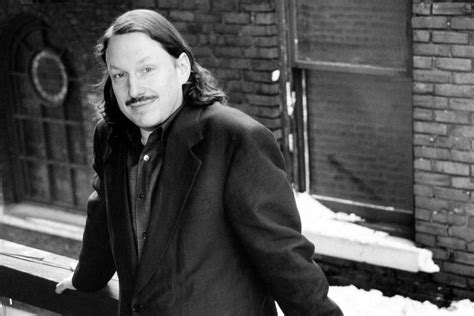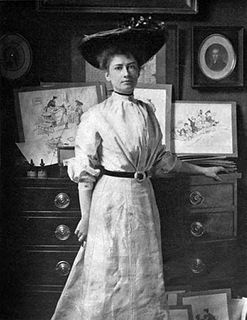A Quote by Caspar David Friedrich
The painter should paint not only what he has in front of him, but also what he sees inside himself.
Related Quotes
The artist should paint not only what he sees before him, but also what he sees within him. If, however, he sees nothing within him, then he should also refrain from painting that which he sees before him. Otherwise, his pictures will be like those folding screens behind which one expects to find only the sick or the dead.
When the father dies, he writes, the son becomes his own father and his own son. He looks at is son and sees himself in the face of the boy. He imagines what the boy sees when he looks at him and finds himself becoming his own father. Inexplicably, he is moved by this. It is not just the sight of the boy that moves him, not even the thought of standing inside his father, but what he sees in the boy of his own vanished past. It is a nostalgia for his own life that he feels, perhaps, a memory of his own boyhood as a son to his father.
Painting can also be too earnest at times and that's a drag. You don't want to go in that direction either. It should be holistic. It should represent the whole of your personality, I guess, so if somebody is a sincere painter or an ironic painter, then they're just bullshitting the audience and presenting only an idealized version of themselves.
It's just as hard for man to break the habit of thinking of himself as central to the species as it was to break the habit of thinking of himself as central to the universe. He sees himself quite unconsciously as the main line of evolution, with a female satellite revolving around him as the moon revolves around the earth. This not only causes him to overlook valuable clues to our ancestry, but sometimes leads him into making statements that are arrant and demonstrable nonsense.





































